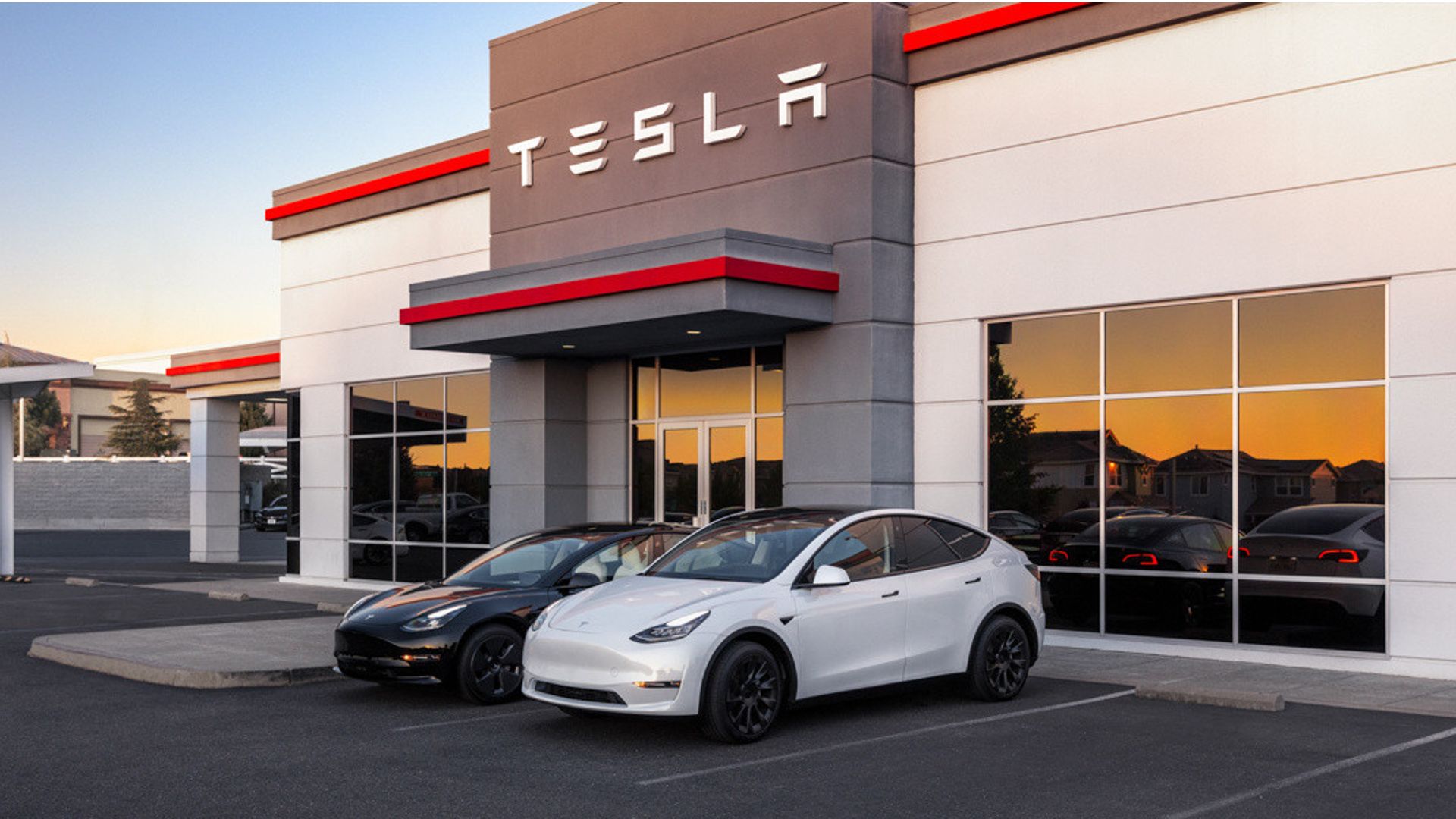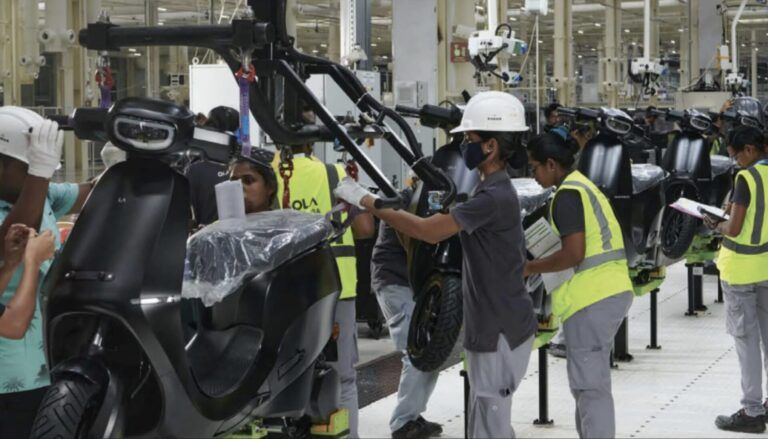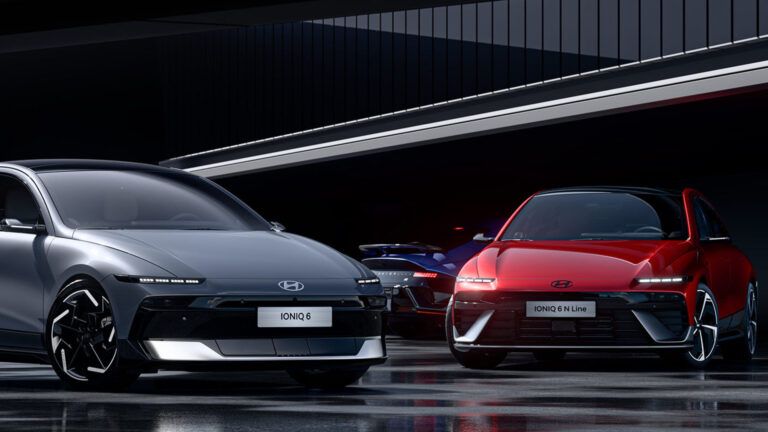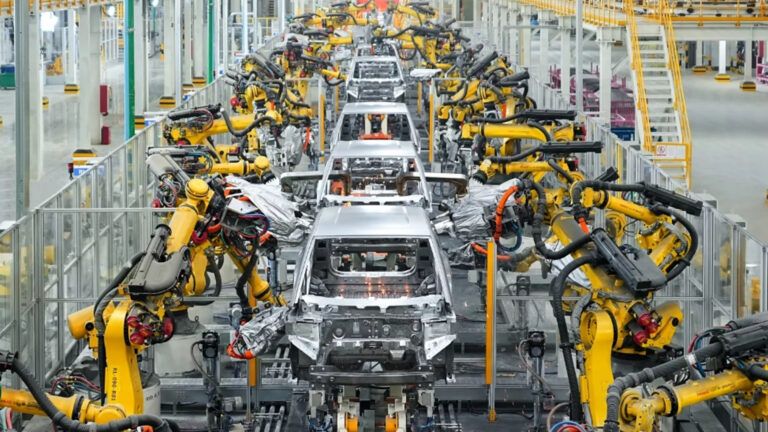There is a bit of bad news for all the Tesla fans in India. The Indian Government has announced that they are not going to cut the import tax on EVs, which was first proposed to import Tesla electric cars into the Indian market. This denial may lead to a delay in Tesla launching its projects in India. The decision proves to be a big blow to the recent discussions between Tesla and the Indian government on the former’s entry into the Indian market.
During the renowned effort at Tesla’s India entry, the world’s largest EV maker had proposed a sharp cut on the import tariffs levied on its electric cars in India. The US-based automaker wanted to test the Indian market first by importing its electric cars, eventually proceeding to set up a local manufacturing unit. The Indian government, however, has repeatedly pushed Tesla to directly go for domestic production.
The proposal to lower import taxes had met with resistance from the homegrown automakers. Notably, Tata Motors had recently spoken against the move, citing a negative impact on the domestic players from the foreign competition resulting from reduced import taxes. Benefits to the Indian economy through a domestic setup avoid all these drawbacks. Hence, the Indian government wants Tesla to set up a local manufacturing unit, possibly one of its renowned Gigafactories, for domestic sales and exports.
Reports from a couple of months ago suggested that Tesla was in fact, searching for a space for its manufacturing plant in India. The recent decision by the Indian government may now leave Tesla only with that option.
In a recent Parliament session, Minister of State for Commerce and Industry Son Parkash gave a written reply to a question mentioned in the Parliament, clearing that no permission is granted to provide any kind of subsidy on the Import duty of EVs.
“Presently, there is no proposal either to provide an exemption from local value addition cost or to provide a subsidy on the import duty on electric vehicles in India,” Parkash said, as quoted in a report by Bloomberg.
“The government has also taken various steps to boost domestic and foreign investments in India to enhance local value addition under the Make in India initiative. These include the introduction of Goods and Services Tax, reduction in corporate tax, improving ease of doing business, FDI policy reforms, measures for reduction in compliance burden, measures to boost domestic manufacturing through public procurement orders, Phased Manufacturing Programme (PMP) and QCOs (Quality Control Orders), to name a few,” he said.
On Prime Minister Narendra Modi’s visit to the US in June, Tesla CEO Elon Musk addressed his desire to make a remarkable investment in India. Still, in return, he expected a subsidy on the import tax of EVs for the time being. With the Indian government clearing its stance on the request, it remains to be seen how Tesla reacts to it.








